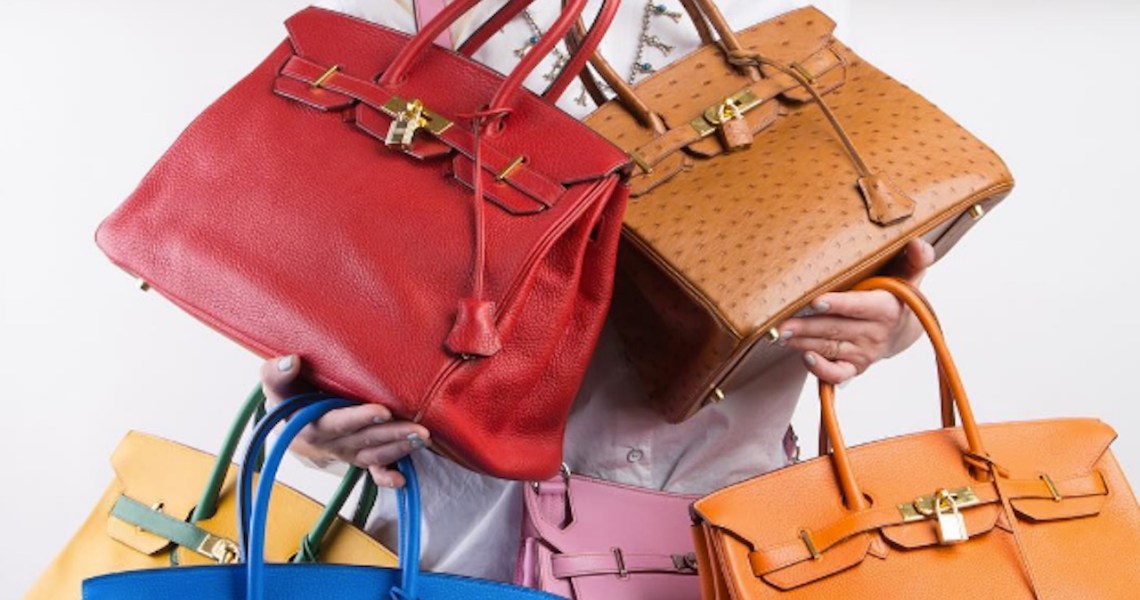It’s no secret that the fashion resale space has become crowded over the past few years. But even with the increased fervor with which people are buying and selling pre-owned sneakers, handbags and jackets, the market can only support so many players.
So going into 2020, which of the many resale platforms out there will thrive and push out the competition? Here’s what industry insiders predict.
Goat
After merging with Flight Club in 2018, Goat has been on a tear. The company has expanded its offerings in China, reached 12 million active users on the site and landed a $100 million investment from Foot Locker. While sneakers are a big part of the growth of resale in the last year and the space is full of big players like StockX and Stadium Goods, Goat stands out as one that has been growing fast and expanding strategically.
“We have yet to see what Footlocker’s $100 million investment in Goat will turn into, but 2020 could be a huge year for the mobile platform,” said KJ Ho, vp business director at brand agency Optimist. “Footlocker is taking a calculated risk and betting on the continued hype of the sneaker resale market, while Goat is unlocking a physical retail strategy that spans close to 3,000 Footlocker brand stores globally. It’s also important to note that Goat has expanded into China, where the sneaker resale market exceeds $1 billion in value.”
Vestiaire Collective
One of the surest signs that resale has entered the mainstream is the increased willingness from primary market brands and retailers to work directly with resellers — from the aforementioned Foot Locker’s investment in Goat and Neiman Marcus’ partial ownership of Fashionphile, to major brands like Stella McCartney offering exclusive product to resellers.
Vestiaire Collective is one such company that, in the opinion of Edited retail analyst Kayla Marci, will do well this year due to the way it has worked with big players in the primary market.
“Now that these platforms are no longer a niche area, resellers will need to be innovative and evolve their business models in order to compete in 2020,” Marci said. “A great example is in the U.K. with the partnership between Selfridges with Vestiaire Collective. The Parisian resale site opened its first permanent shop in Selfridges, giving their business greater exposure and a physical presence.”
Ad position: web_incontent_pos1
The RealReal
Despite some of the problems it’s had this year, like allegations that its vaunted authentication process may not be as in-depth as it claimed, The RealReal is still the name to beat in terms of luxury resale.
After going public in June, The RealReal achieved a scale that few of the other names on this list can match. Its size has let The RealReal experiment with bold in-store retail technology that has put it ahead of some competition.
“Brands with seamless connected customer experiences will thrive,” said Steven Moy, CEO of creative agency Barbarian. “Blending the digital and physical experience is key. The RealReal’s Soho store exemplifies the right blend of connected experience. Customers can easily find out what items are available in the Soho store via the mobile app. In store, you can show the items you’ve tagged to the store associates for try-on, and store associates can also conduct checkout.”




